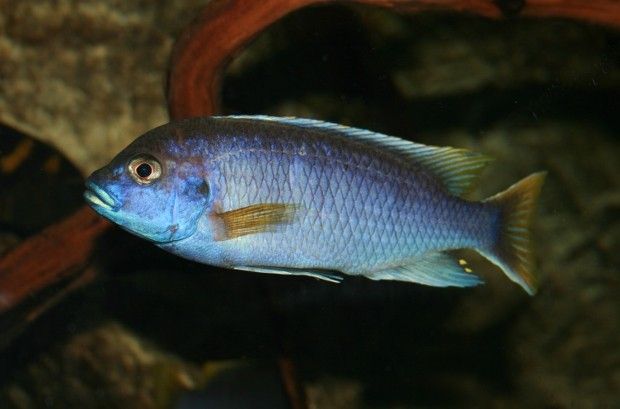Researchers at the Georgia Institute of Technology and their colleagues at King's College London are now hard at work trying to figure out a way to give us, regular Joes and Janes, superhuman powers.
No, it's not X-ray vision or insane strength that they have in mind, as cool as these abilities might seem. Rather, they would have us regrow damaged and lost teeth.
Admittedly, such an uncanny power does not exactly superhero material make. Still, if we're going to be honest here, it would be kind of neat to be able to fix our own chompers and swear off dentists forever.
Truthfully, fish thought about it first
Lake Malawi cichlids are fish native to Africa. They might look pretty much like any other fish, but the fact of the matter is they are unique in a very special way.
Plainly put, these aquatic creatures have the ability to regrow whatever teeth they lose to damage or disease. It sometimes happens that, throughout their lives, they go through hundreds of teeth.
“When a Lake Malawi cichlid loses a tooth, a new one drops neatly into place as a replacement,” the team at the Georgia Institute of Technology explain in a report.
We humans, however, are only blessed with two sets of teeth. There's our so-called baby teeth, which don't stick around for long, and then there's the chompers we're supposed to have for a lifetime.
Unless science can make us more like fish
The Georgia Institute of Technology research team and their colleagues at King's College London are looking into the possibility of activating the cichlids' ability to grow new teeth whenever, wherever into humans.
Having studied hundreds of such fish, they now know that, although nothing alike, the cichlids' taste buds and teeth form from the same type of epithelial cells while the fish are still mere embryos. In a series of experiments, the specialists even managed to control this differentiation.
Then, in another investigation, they showed that the process of growing teeth or taste buds in mice is too guided by just a handful of genes and can be interfered with. This suggests the same could be done in people.
“It was not previously thought that development would be so plastic for structures that are so different in adult fish. Ultimately, this suggests that the epithelium in a human’s mouth might be more plastic than we had previously thought,” explains researcher Todd Streelman.
Of course, there are many challenges ahead
If human cells are capable of equal plasticity and can be coaxed into growing very specific structures, then perhaps the scientists might eventually manage to make us grow new teeth.
Even if they do, however, they will need to also engineer new biological systems, i.e. blood vessels and nerves to go with these new teeth of ours and make them viable.
“The studies in fish and mice suggest the possibility that with the right signals, epithelial tissue in humans might also be able to regenerate new teeth,” the specialists argue.
“But growing new teeth wouldn’t be enough. Researchers would also need to understand how nerves and blood vessels grow into teeth to make them viable,” Todd Streelman cautions.

 14 DAY TRIAL //
14 DAY TRIAL // 

